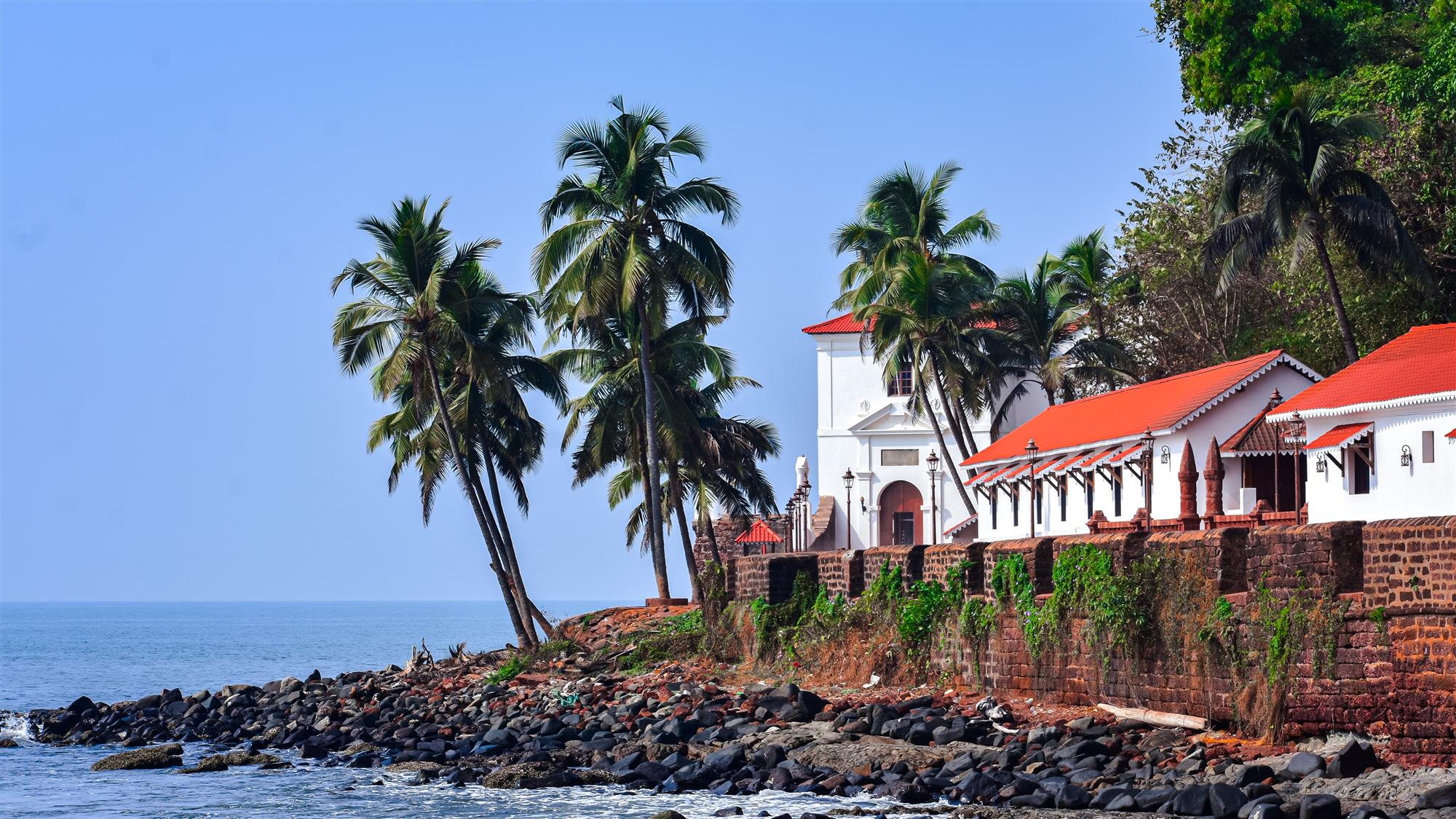Marketing Goa as an "all-year holiday destination" is the need of the hour. With beaches and water sports as the main draws, tourism in Goa has historically been seasonal, with the state seeing a decline in visitors during the monsoon. By promoting niche tourism segments such as wellness, spiritual, wedding, MICE, hinterland, and ecotourism, amongst others, the state government is now attempting to market Goa as an "all-year holiday destination" for domestic as well as foreign travelers. The state has much more to offer than just beaches, including forts, museums, churches, waterfalls, hills, and spice plantations, not to mention the blending of Indian and Portuguese cultures.
Goa can take a leaf out of its international peers, Phuket and Bali’s, playbooks on the diversity of tourism products they offer. When one visits these islands, they don’t go to the beaches alone. Phuket has been successful in creating food tours, treks, temple tours, and much more, while Bali has been able to promote its rainforests and rice terraces along with its beaches. Reports indicate that tourists stay up to 2 weeks in both these destinations, which is more than double the length of stay in Goa, simply due to the number of experiences the two destinations have been able to create beyond sea views and beach activities.

Increasing the diversity of tourist accommodation will also help the state to attract more visitors. Goa currently has around 17,600 quality hotel keys, and an estimated additional 2,800 keys are expected to enter the market between 2023 and 2026. This is significantly lower when compared to 80,000 keys in Bali and 40,000 keys in Phuket. Consequently, these international peers are able to draw more visitors across price ranges thanks to the variety of accommodations they offer across a wide price band, which range from dorm rooms, guest houses, hotels, and resorts to high-end private villas and branded residences.
There is also a need to improve local transportation. The recently opened Manohar International Airport in MOPA, Goa, has greatly improved direct connectivity to the state from various domestic and international cities, which had previously been a major pain point for tourists. The brand-new Vande Bharat train between Mumbai and Goa is anticipated to further increase connectivity to the state. The availability of hiring a self-drive car from the airport on arrival is a welcome initiative and one that will find much traction. However, local transportation and mobility within the state continue to be of concern and are often cited as a source of frustration for tourists. The non-availability of any ride-hailing cars has been a constant grievance for travelers and an issue that remains to be addressed. The state government is working with the relevant stakeholders to find a solution to the problems with taxis and other local transportation options to improve the experience for visitors.
Besides this, with regard to safety standards, the government is taking increased measures to improve safety at beaches. A 'paw squad' of trained dogs is being planned for deployment to detect and rescue people in distress. Meanwhile, a self-driving robot and an AI-powered monitoring system, both of which are currently in the pilot stages, are expected to enhance the lifesaving capabilities of the lifeguards along Goa's beaches, as no development will attract tourists unless they believe the destination to be ‘safe’.